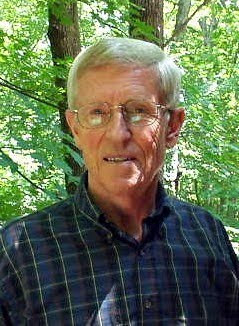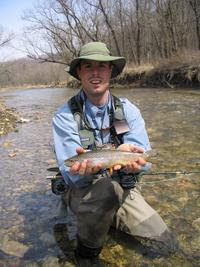Granny D
 "You cannot say to yourself, "I can't do anything about this,' because you can. You have power. You have power that you don't even know you have. It's there, you could be using it. If you can become a member of a group that's working for clean elections in your state, I honor you. I bless you. Because my vision is that if enough states pass clean election bills, that a critical mass will form. It will go federal."
"You cannot say to yourself, "I can't do anything about this,' because you can. You have power. You have power that you don't even know you have. It's there, you could be using it. If you can become a member of a group that's working for clean elections in your state, I honor you. I bless you. Because my vision is that if enough states pass clean election bills, that a critical mass will form. It will go federal."Granny D
(PS: I just might work for fighting against factory farms invading your neighborhood...)











